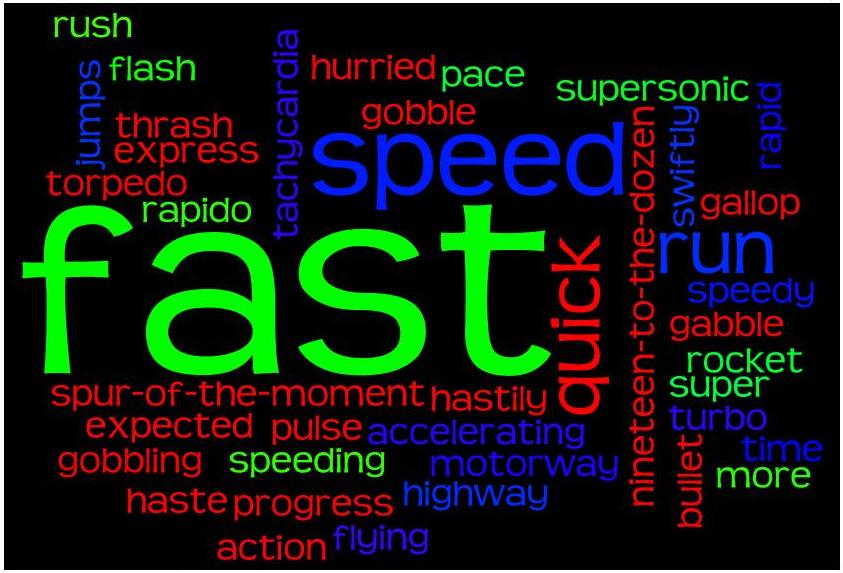Fast Evictions
 Do you need a fast eviction? Do you have a problem tenant? Read on for how to take back your rental property.
Do you need a fast eviction? Do you have a problem tenant? Read on for how to take back your rental property.
Fast evictions are incredibly important if you’re a landlord. If you have a tenant who isn’t paying rent or is putting your property in danger, you want to remove him or her as quickly as possible. Because all tenants, even horrible ones, have legal rights, the fastest way to make your eviction stick is to do it the legal way. While it may not be as fast as changing the locks, it is permanent. Furthermore, a legal eviction can entitle you to compensation if done correctly.
In our minds, it makes sense that if a tenant is breaking part of the lease for an extended amount of time, you should be able to kick them out? After all, if they’ve broken the lease, they’ve already broken the law. Why should you have to waste time and money proving it?
If only fast evictions were that easy. The same way there are bad tenants floating around, there are also bad landlords, and if you could simply change the locks, a landlord might take advantage of a law-abiding tenant. Because you are a good landlord, you need to prove it by evicting legally – through the courts.
If you are already a landlord or thinking about becoming one, you should know how to complete legal fast evictions. Your first step is always going to be to serve notice. If your tenant isn’t paying rent, then you need to give them notice saying that the rent is due. The notice must also state that failure to pay will force you to start the eviction process. The easiest way for a tenant to avoid eviction is to prove they weren’t given proper notice, so you need to be sure you fill this out properly.
If your tenant doesn’t fix the situation, now is your time to move quickly. Fast evictions are able to occur when landlords like you quickly fill out all of the eviction forms. Once your forms are filed with the court, then the speed of your eviction is in the hands of the law. Filling everything out completely and correctly the first time will make your eviction go a lot faster.
Once you file documents with the court, a third party should serve them to the tenant. After this happens, you should file proof with the court that you completed this step. A tenant who has been served will either respond to you or fail to respond, and then a judge can start to rule on the case. If your tenant doesn’t respond, the judge may grant you the right to lock him or her out.
A fast eviction can be an oxymoron because the legal process can take time that you feel is excessive. Truly good landlords understand these protections are in place for a reason. A good landlord will take the burden upon himself or herself to learn how to complete a fast eviction.